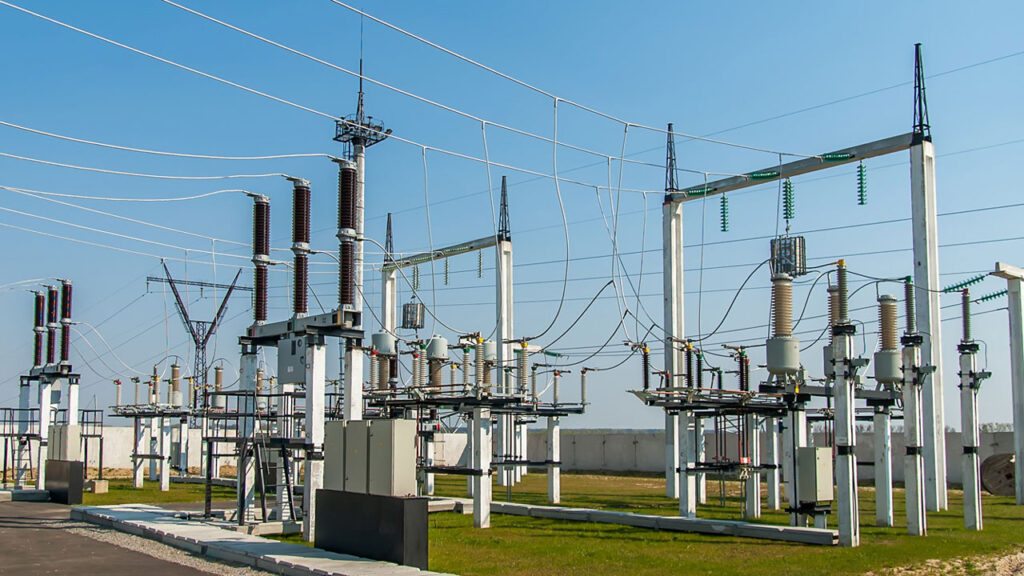This post has already been read 4363 times!
Without energy, it’s difficult for Nigeria to achieve higher productivity in many sectors of the economy, Mr. Abebe Aemro Selassie, the Director of the International Monetary Fund (IMF’s ) African Department has said.
Briefing newsmen over the weekend at the IMF/ World Bank Annual Meetings in Washington DC, Selassie said even the growth recorded in the agric sector could have been much better with stable energy.
“Given how big the size of the Nigerian economy is and given the potential that it has including an agriculture, it is a sector that should be doing much better I think. On the macro side I think what is needed in Nigeria at this moment we think are mobilizing more revenues.”
He stressed that Revenue mobilisation is key to helping the government invest more in health and education and building infrastructure that is going to be important for other sectors like agriculture, manufacturing to take off.
“Without energy, it’s difficult to have higher productivity activities to take place including in agriculture. Some processing is going to be important. So, addressing the energy issue, all of this I think requires a lot more public investment and so the revenue mobilization angle being important.”
On the foreign exchange market reforms, Selassie appreciated the progress recorded in the last five months but said the gap in the market is still wide.
“If you look simply at the gap between the foreign exchange market rate, you know, the bank rate and the parallel market rate was very, very wide earlier this year, a lot of businesses complaining about shortage of you know, not having enough access to foreign exchange, I think that has attenuated over the last four, five months, so that’s what we are encouraged by.”
“The objective as we used to have before, has to be in creating a liquid and deep single foreign exchange market. So, you know, reforms toward that, going forward would be helpful,” he added.
[Daily Trust]



